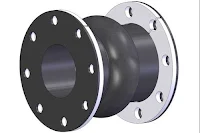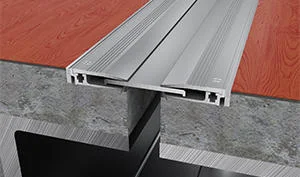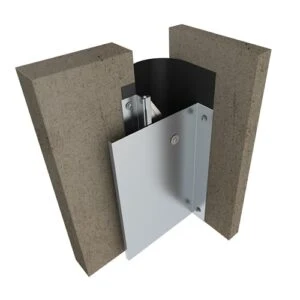Importance of Waterproofing Bathrooms -
Waterproofing is the process of making an object waterproof or preventing it from being in contact with water. This process is done to protect the objects from damage due to unwanted liquid penetration. This is done by applying a substance to the objects. The most widely used chemical for waterproofing is polyurethane. Other waterproofing materials include CONPRO CT.3, Krytonite, Profex, Peter seal, etc.
Types of Waterproofing
There are different types of waterproofing like cementitious waterproofing, liquid waterproofing, membrane, bituminous membrane, bituminous coating, polyurethane liquid membrane etc.
1. Cementitious Waterproofing
This is a type of waterproofing mainly associated with construction and is available from masonry product suppliers. This method is used to waterproof toilets, bridges, dams, tunnels, etc.
2. Liquid Waterproofing
This is a liquid-based coating that is used for coating roofs, planters, landscapes, sunken areas, etc. It prevents cracks and corrosion. There is usually a hand or spray applied.
3. Bituminous Membrane Waterproofing
In this method, Bitumen is laid on a surface along with tar-based adhesives. Bitumen is a sticky high viscous liquid, black in color. It has high mechanical resistance and puncture resistance. Also, it is easy for repairing tears and holes. This method is used for
waterproofing roofs, basements, bridges, etc.
4. Bituminous Coating Waterproofing
This is a type of coating to waterproof as well as vapor, proof carbon, steel pipes, iron, material sheets, water tanks, etc. It is also called asphalt coating. This is a cheaper method of waterproofing and also one of the easier methods. It is highly effective in waterproofing areas that are in direct contact with water.
5. Polyurethane Liquid Membrane Waterproofing
This is a liquid-based method of waterproofing which has many advantages like prevention of dust deposition, provision of aesthetic look, bringing brightness, prevention of corrosion, durability, long-lasting and so on it can be used in balconies, water tanks, wet areas, gaps and cracks of tunnels, bridges, etc.
Advantages of Waterproofing
- Waterproofing prevents water penetration on objects and surfaces and protects them from damage and corrosion.
- It is very easy to waterproof.
- A number of types of waterproofing are available nowadays.
- The maintenance cost of buildings can be reduced as it reduces damages.
- Also, the property value gets increased when the damage rate is low.
Disadvantages of Waterproofing
- Cementitious waterproofing cannot maintain cracks and causes leakages.
- Polyurethane protective coating does not last long.
- Polyurethane protective coating slows down the natural breathing capacity of concrete.
- Bitumen products also do not long last.
- Bitumen products are black in color and hence absorb heat rather than reflect it. This makes buildings highly heated.
- It is difficult to detect leakages in bitumen waterproofed surfaces.







